
- Article
- Article
When a private pee is a public disgrace
The free pee is getting rarer. And the lack of suitably equipped disabled toilets is condemning people to lives cloistered away in their own homes. Discover how toilet access for all is part of an equal society.
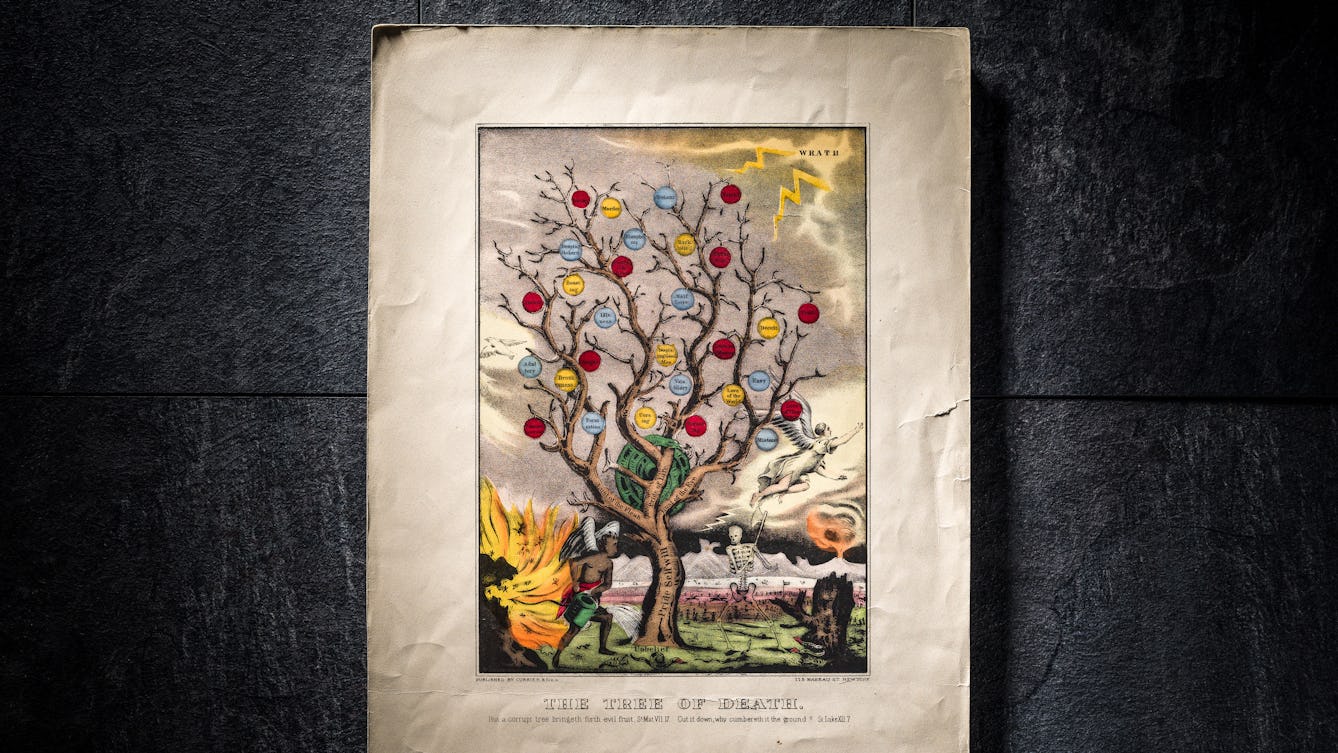
- Article
- Article
Why all of us are evil
Science proves that we’re all capable of evil: your secret fantasy about killing someone you hate is surprisingly normal. But the way to better moral choices is to fight emotional instinct.

- Article
- Article
When self-deception becomes global hoax
Being deceived isn’t always a case of believing someone else’s lie. Experiments have shown that many of us can be manipulated into accepting our own fictions as true.
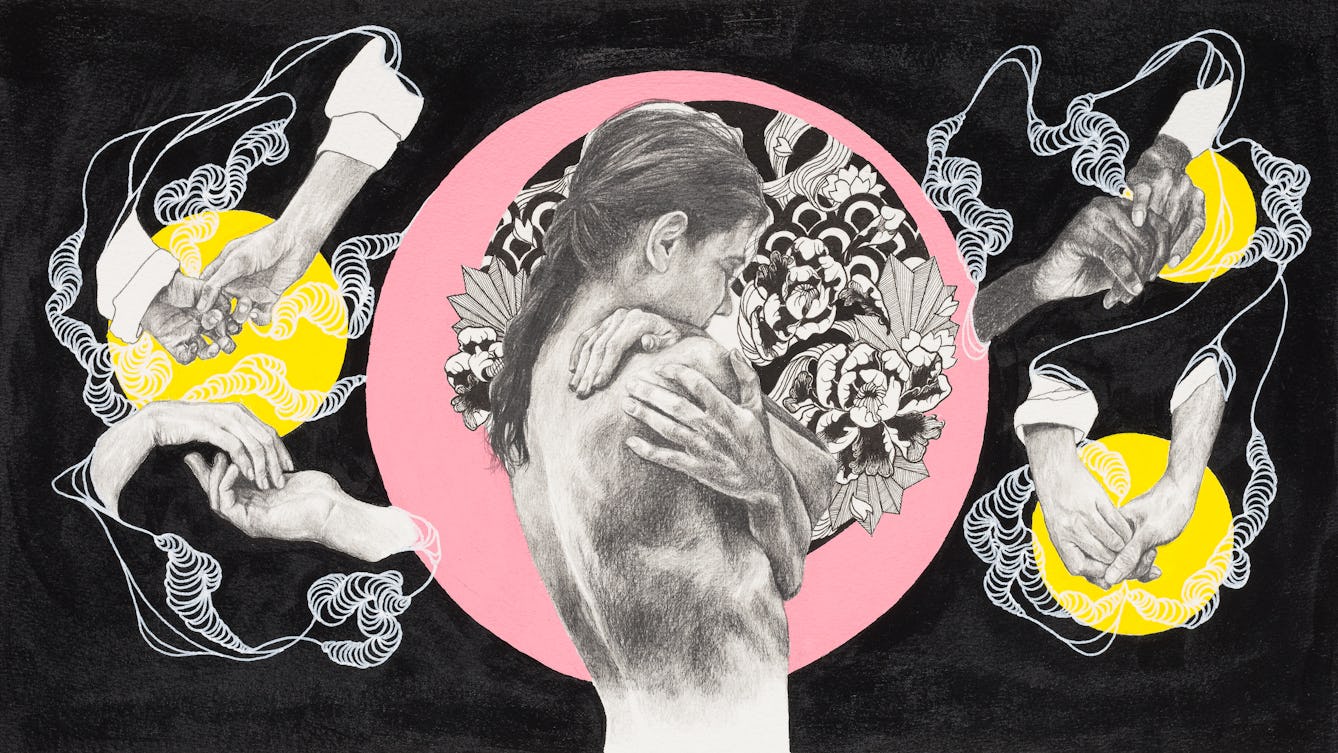
- Article
- Article
Losing touch
In these pandemic times, when touch has become taboo, Agnese Reginaldo explores the importance of physical contact to our wellbeing.
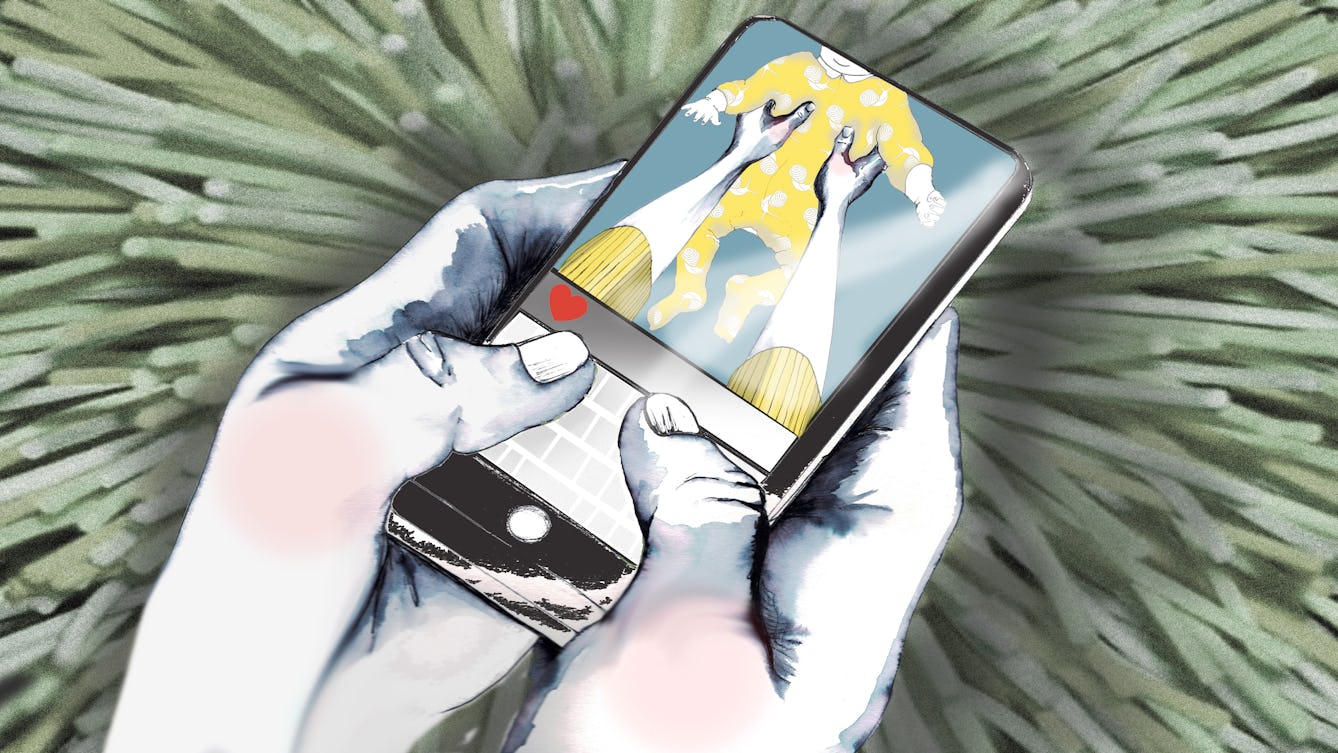
- Article
- Article
Healing hard-working hands
The names we use to describe different hand injuries tell us about history, gender and class. Occupational therapist María Cristina Jiménez explores those injuries, and the changing ways we talk about them.
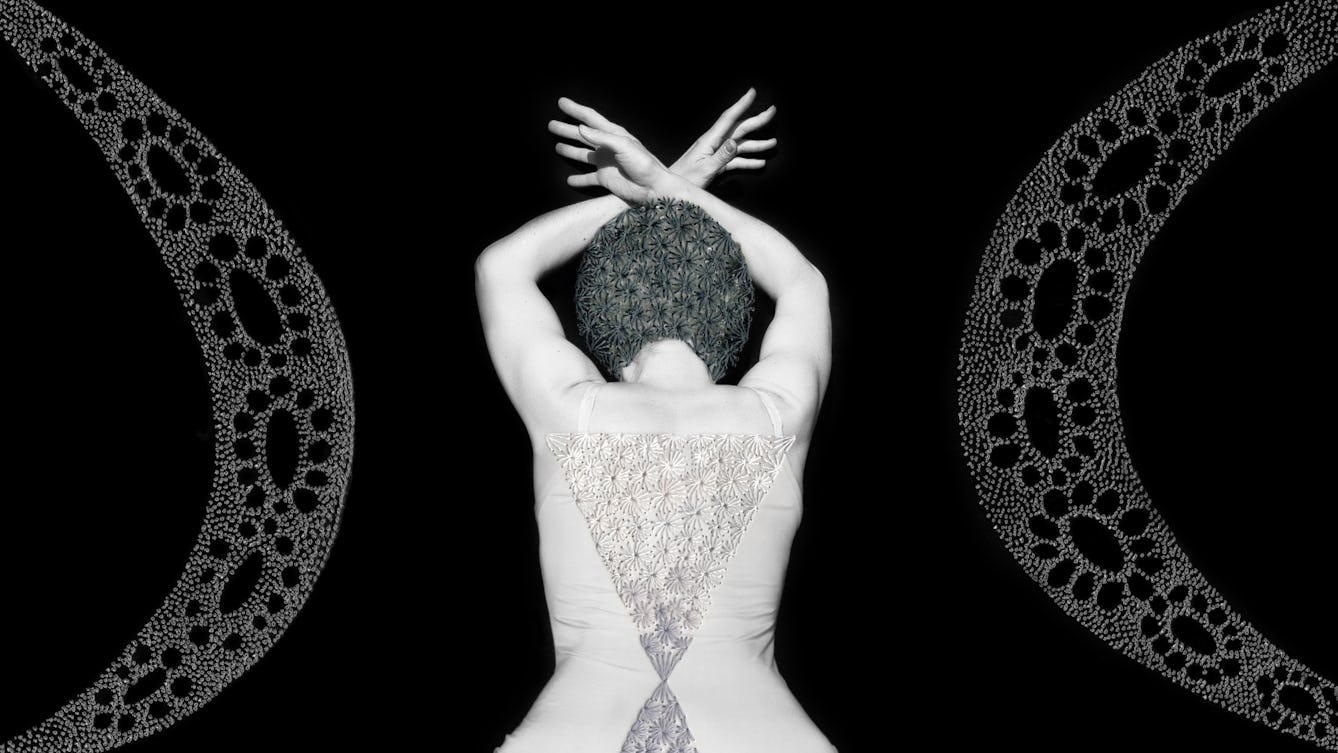
- Article
- Article
Sex work, stigma and whorephobia
Like everyone, sex workers sometimes need medical or mental health support. But shame and stigma seriously affect attitudes and access.
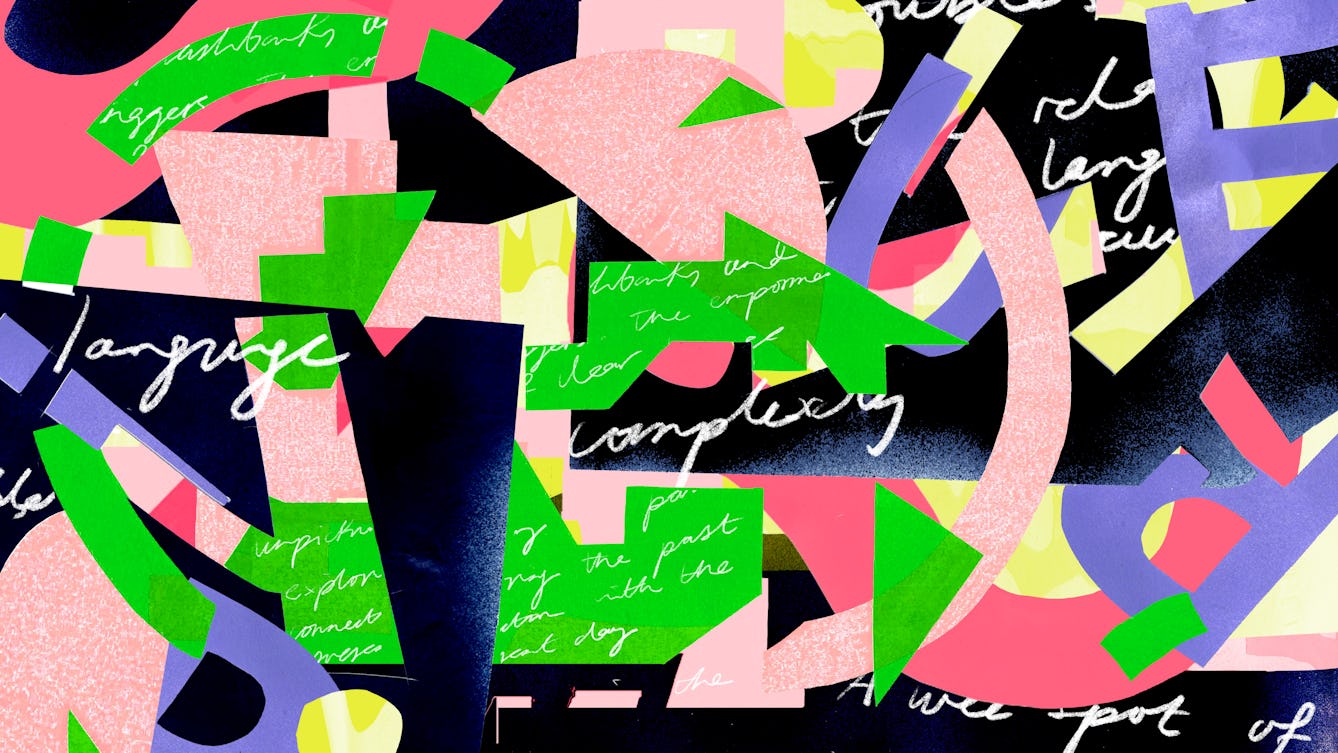
- Article
- Article
A wee spot of bother
Euphemisms can both appear to diminish experiences while at the same time making them easier to talk about. Carrie Hynds, who experienced the latter part of Northern Ireland’s “Troubles”, explores the relationship between language and trauma.

- Article
- Article
Conflicted and confused about lithium
Covid-19 left Laura Grace Simpkins out of work and living back with her parents. She now had time to restart her research into her medication, but was she mad to continue?

- Article
- Article
An insider’s view of Play Well
Curator Shamita Sharmacharja offers behind-the-scenes insights into an exhibition about the serious business of play.
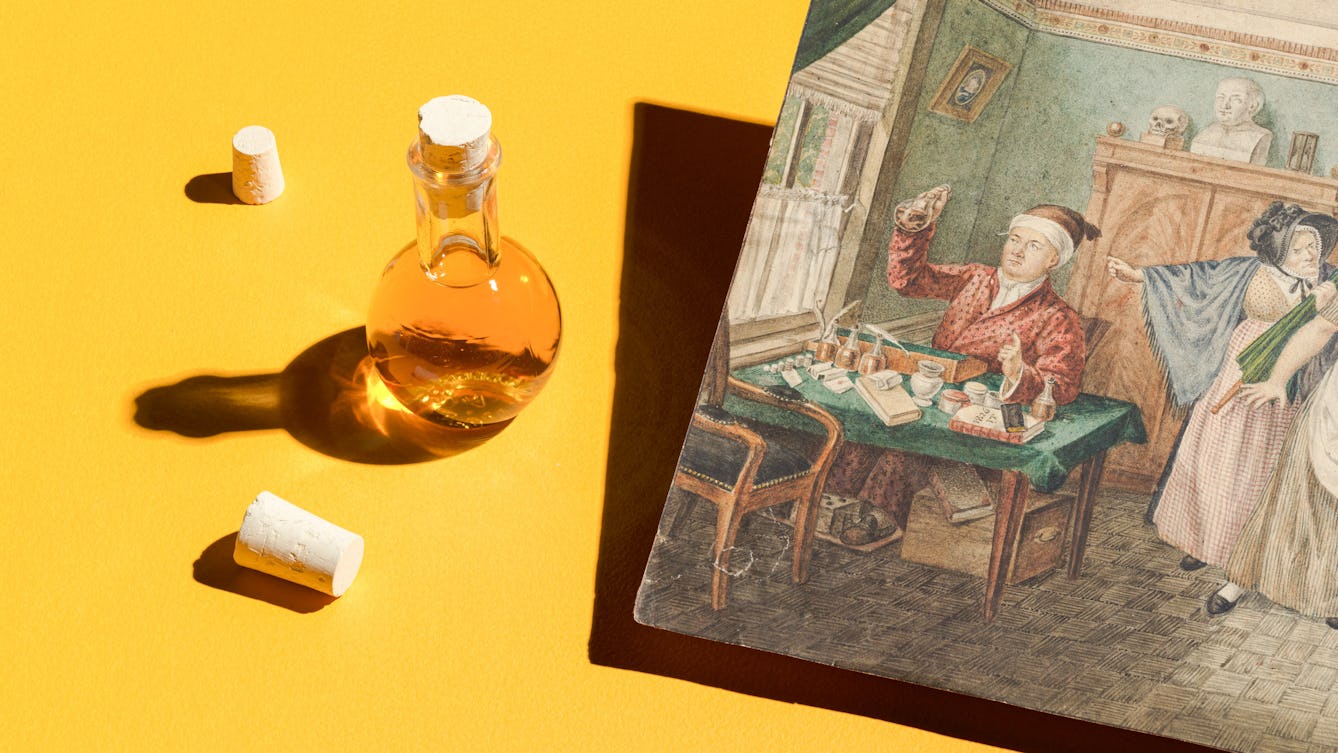
- Article
- Article
Remote diagnosis from wee to the Web
Medical practice might have moved on from when patients posted flasks of their urine for doctors to taste, but telehealth today keeps up the tradition of remote diagnosis – to our possible detriment.

- Article
- Article
Aphasia and drawing elephants
When Thomas Parkinson investigated the history of “speech science”, he discovered an unexpected link between empire, elephants and aphasia.
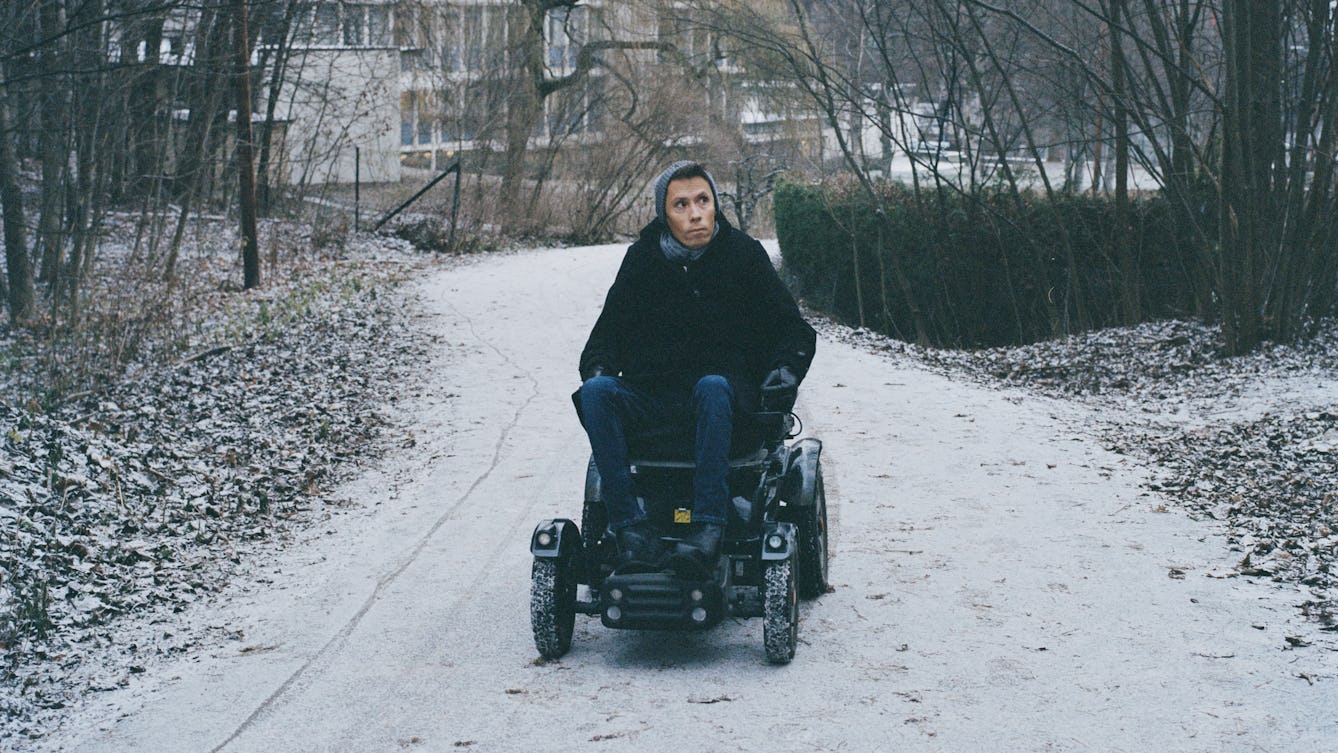
- Article
- Article
A wheelchair in the world
Five years ago, Jan Grue, author of ‘I Live a Life Like Yours’, became a father. A wheelchair user since age eight, Grue explores how parenthood helped him reimagine his relationship with his wheelchair.
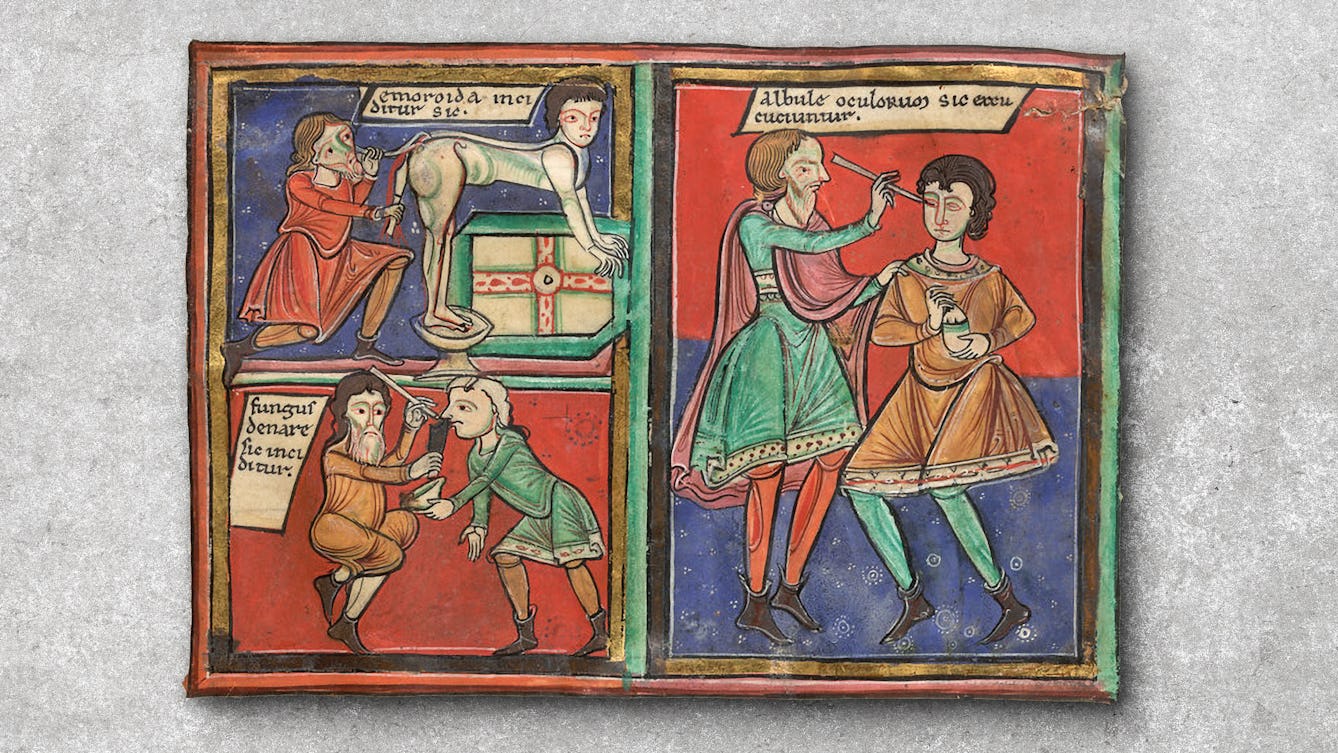
- Article
- Article
Revelations of blindness in the Middle Ages
Medieval texts, from Islamic medical treatises to Christian books of miracles, reveal surprisingly varied and complex experiences of blindness. But when medieval scholar Jude Seal experienced visual impairment themselves, they gained an even deeper understanding of the lives they were studying.

- Article
- Article
The pill, autism and me
Realising that her contraceptive was having a negative effect on her mental health, Catriona Reid saw her concerns dismissed by doctors. As an autistic woman on the pill, she was not an anomaly, but has often been made to feel like one.

- Article
- Article
The sweet sound of synthetic speech
After Alex experienced a serious deterioration in his sight, he came to rely on artificial voices to help him with everyday tasks. Find out how synthetic speech came to be developed.
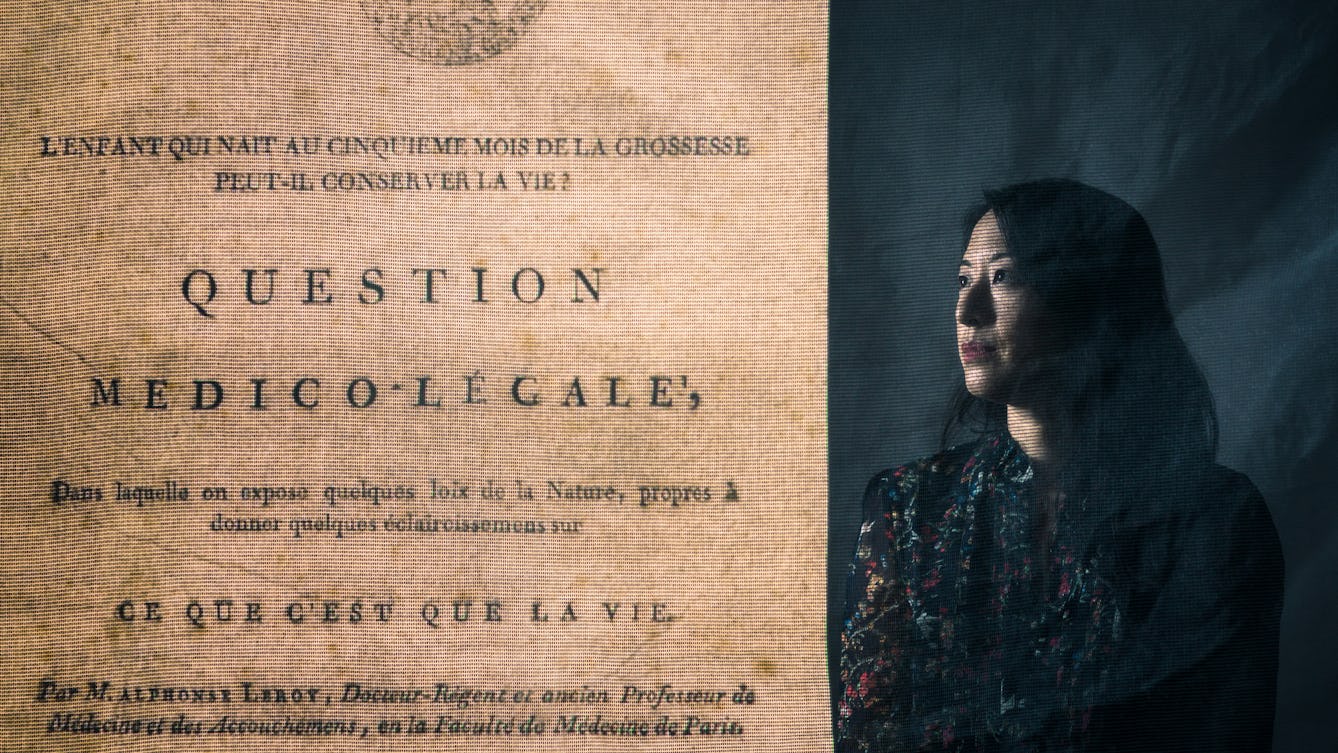
- Article
- Article
The conditional child
Deanna Fei asks what it means to sustain a life, drawing on her own experience of having a premature baby as well as an 18th-century essay.

- Article
- Article
Manipulating the evidence with deepfake technology
How can you be sure that the person speaking on the screen is genuine? Find out how sophisticated digital manipulation is blurring the boundaries between real and ‘deepfake’.
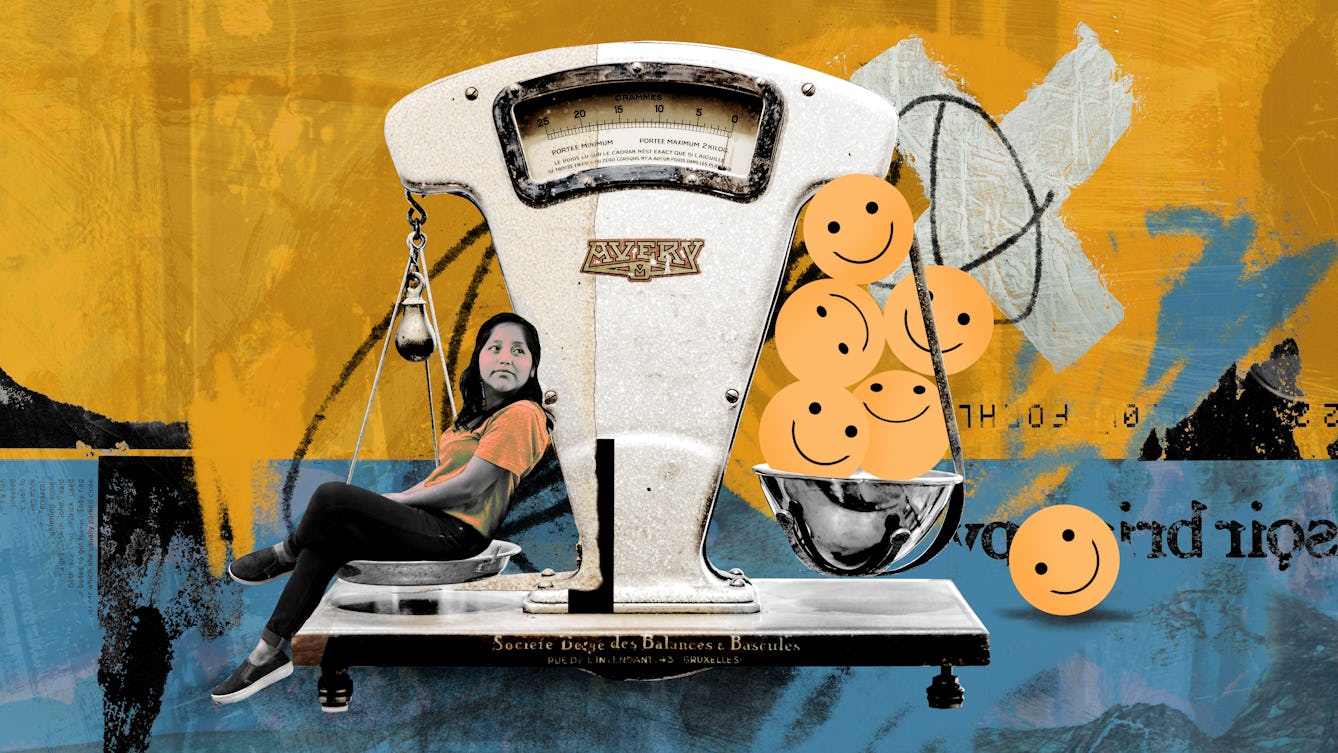
- Book extract
- Book extract
The meaning of happiness
What is happiness? Tiffany Watt Smith charts how its definition has changed over time, from chance emotion to something that can be measured and controlled.
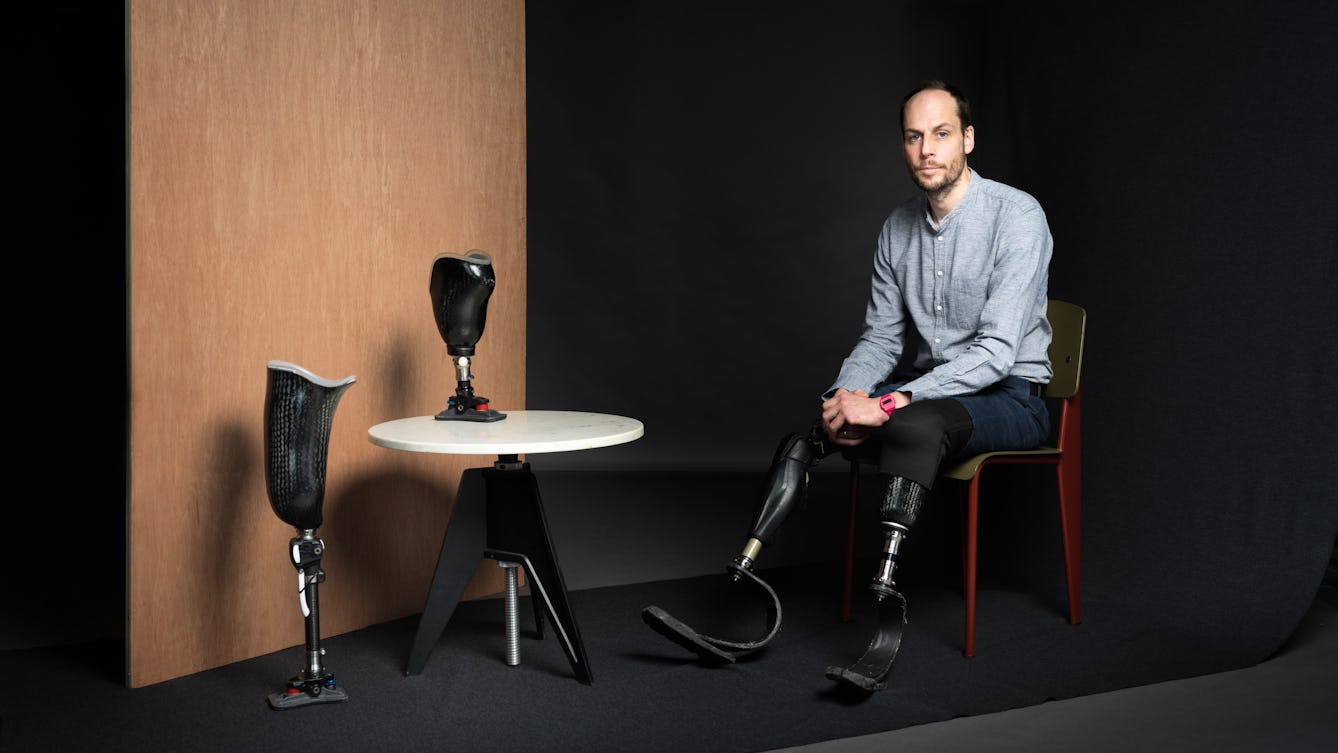
- Book extract
- Book extract
A dispatch from the frontiers of man and machine
Harry Parker’s life changed overnight when he stepped on a bomb and lost his legs. He argues that being an amputee doesn’t make him an outlier; we are all hybrid.

- Article
- Article
Drug sharing in desperate times
When Nicole was threatened with deportation, her mental health deteriorated. Now without a job, a passport or a doctor, she depends on others to send her their leftover anxiety drugs.
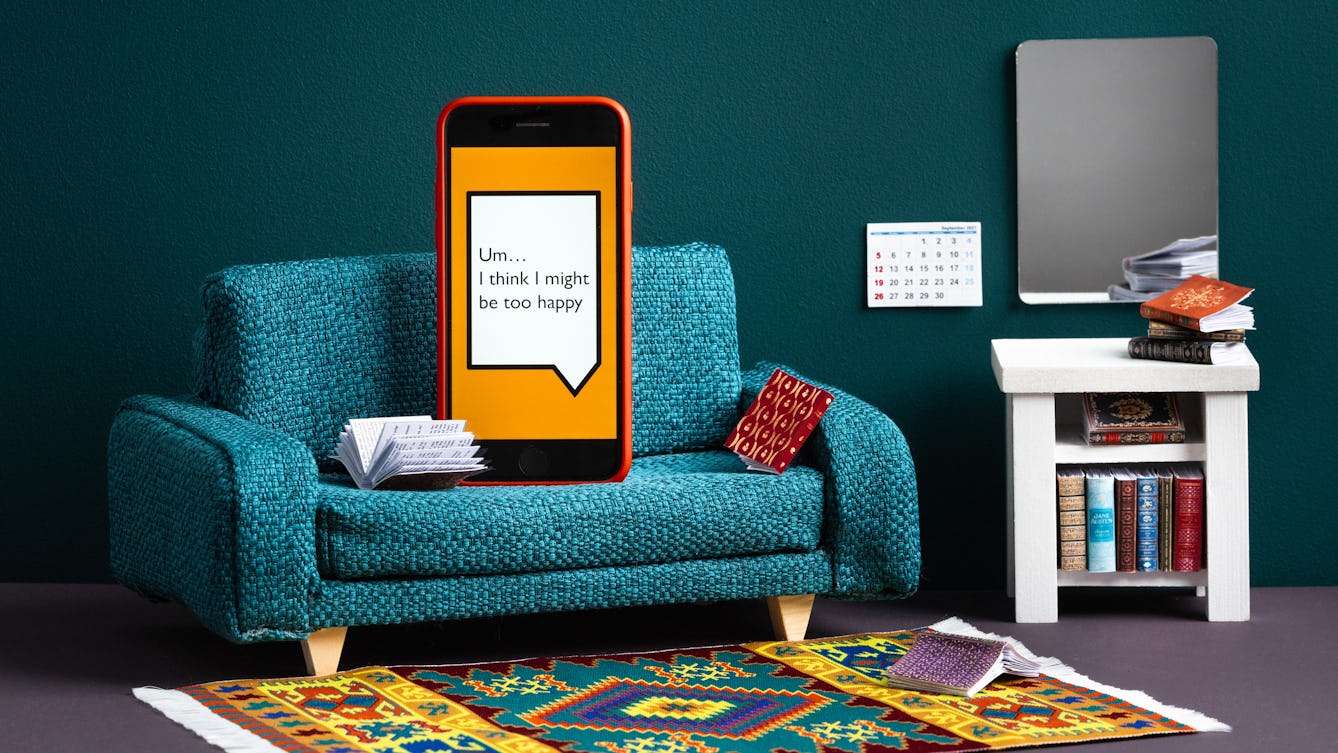
- Book extract
- Book extract
Solving the mystery of how to be happy
Crime writer Sophie Hannah thinks she might be too happy. Worried she’s using her happiness as an excuse to avoid a big work problem, she turns to a life coach for help.